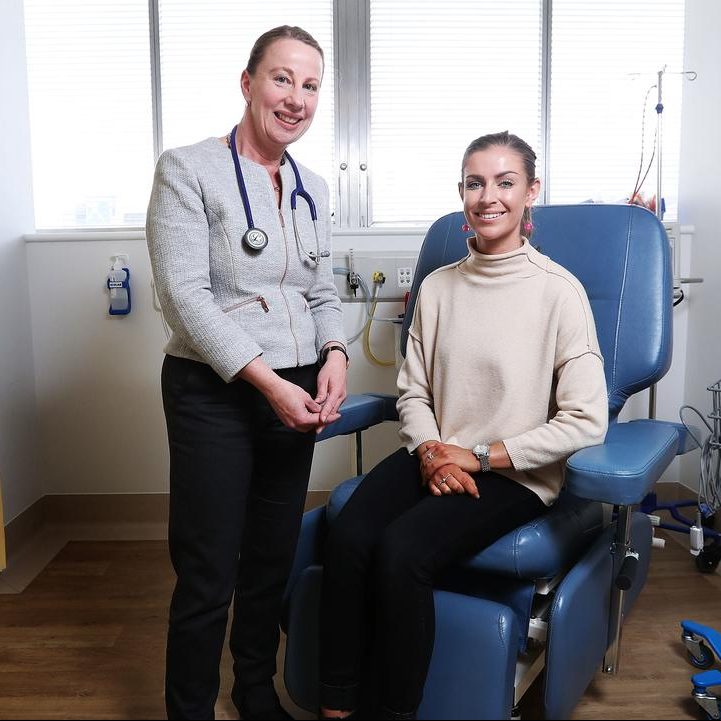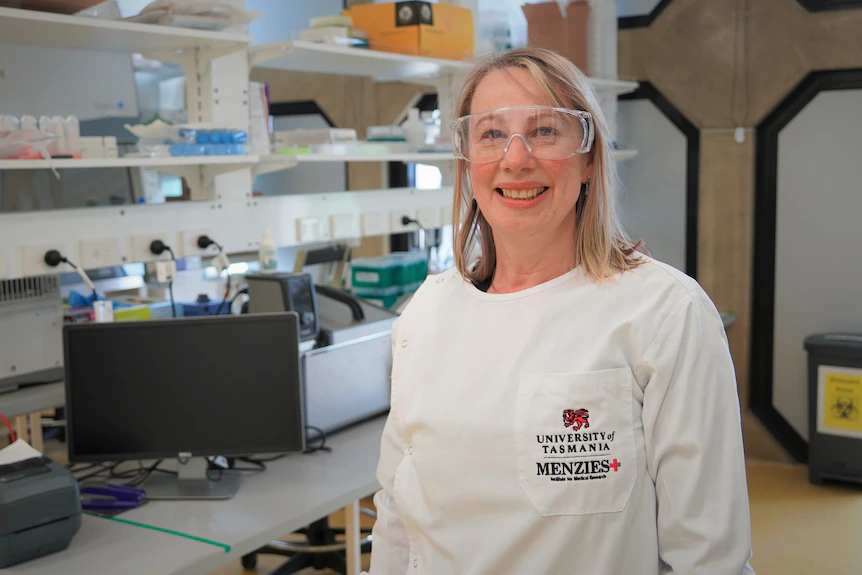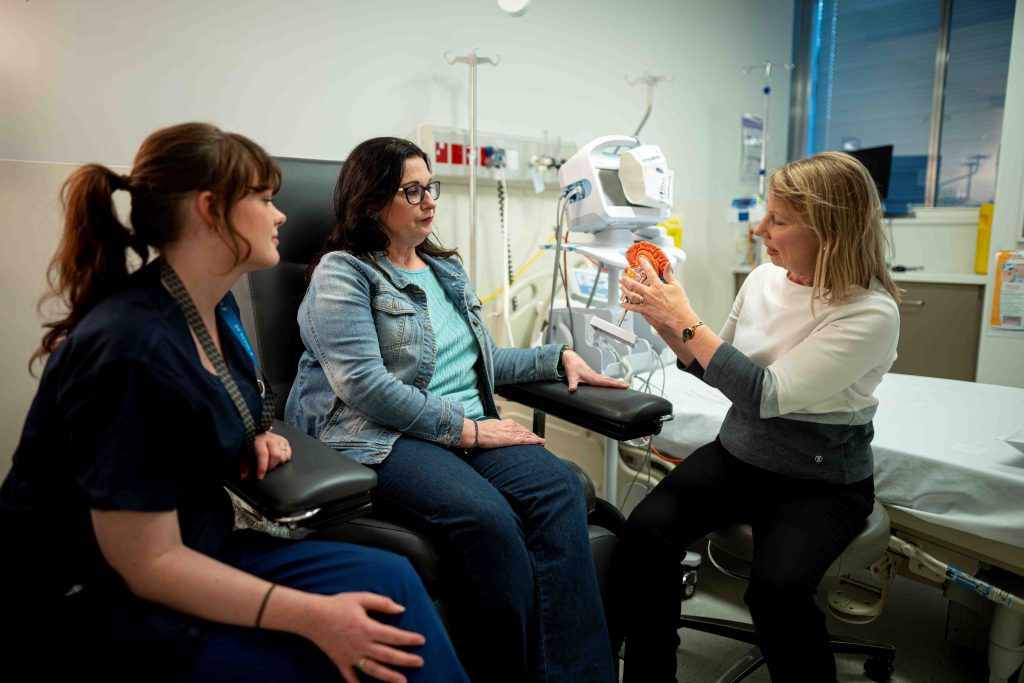
On June 14, World Blood Donor Day, we celebrate the vital contributions of blood donors and their positive impact on healthcare at the Royal Hobart Hospital. This year, we focus on the critical role that blood donations play in emergencies and across all facets of medical care.
Professor Rosemary Harrup, Director of Cancer and Blood Services and a Royal Hobart Hospital Research Foundation-funded researcher, stresses the essential nature of these donations. "Blood donations are a cornerstone of daily medical treatments and life-saving interventions. For many of our patients, particularly those battling blood cancers, these donations are not just helpful—they are crucial for survival," she says.

Associate Professor Anna Johnston, Director of Haematology, echoes the sentiment by emphasising the ongoing need for regular blood donations. "The reality is that the demand for blood never wanes. From surgeries to the management of chronic diseases, every unit of blood can mean the difference between life and death for patients," she notes.
This year's World Blood Donor Day campaign coincides with the cold and flu season, when fewer people donate due to illness, leading to a dip in available blood supplies. Yet, the need for blood remains constant. "Each donation can save up to three lives, and with blood only viable for 42 days, regular donations are essential to maintain a healthy stock," Anna explains.
Why blood donation matters:

We invite you to become a part of this life-saving journey by donating blood today. The process is simple and safe, and staff are trained to ensure your comfort and well-being. For more information on how to donate, to understand your eligibility, and to learn about the safety measures in place, please visit the Australian Government's official blood donation website, contact Lifeblood, call 13 14 95, or download the DonateBlood app.
As we continue to lead in healthcare innovation and patient care, the Royal Hobart Hospital Research Foundation thanks every donor and volunteer for their invaluable contribution. Together, we are not just giving blood—we are giving others a better chance at life. Your participation has a direct and significant impact on the health and well-being of our community, and we are deeply grateful for your support.